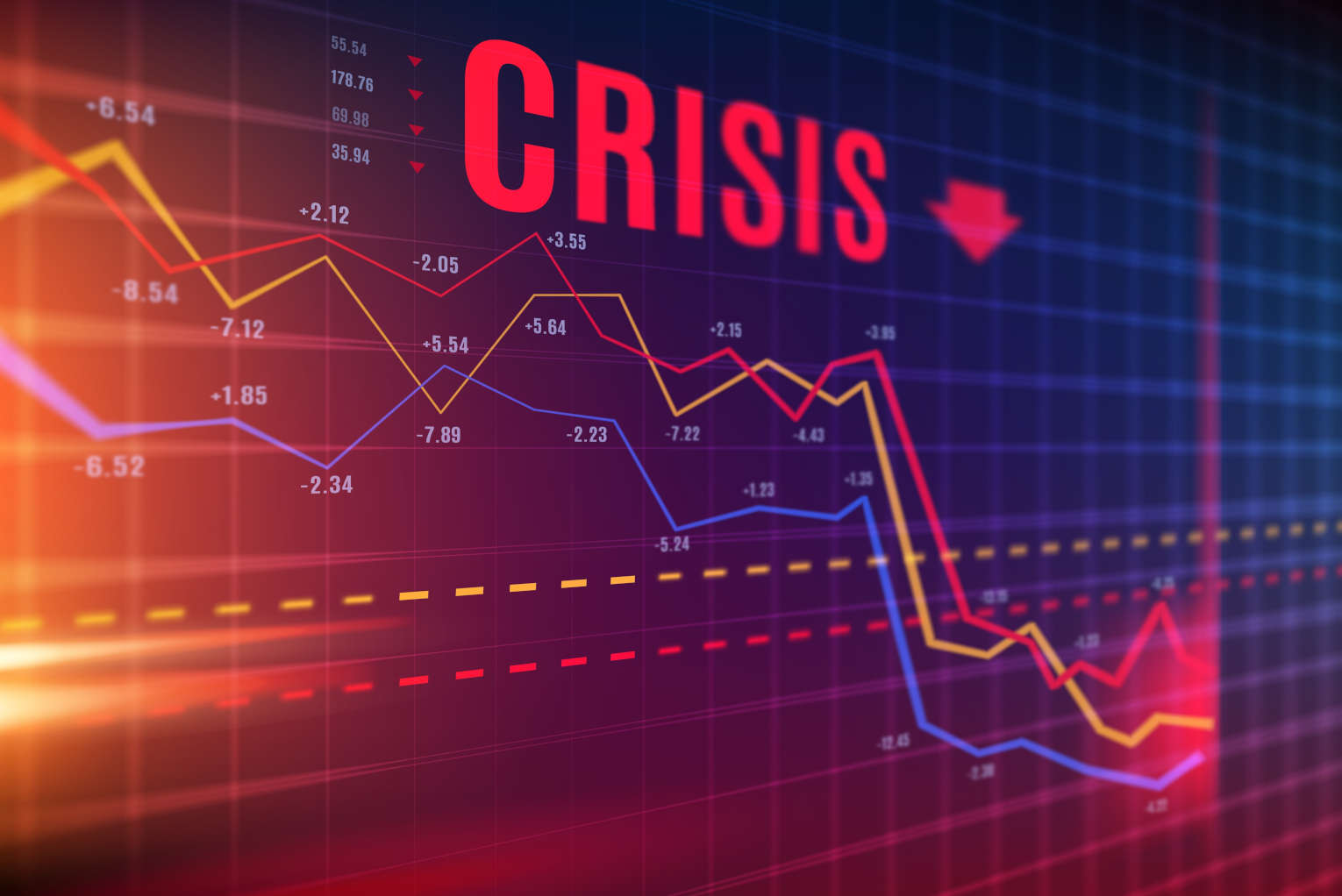Dow Dives 1,000 Points, Japan Suffers Worst Market Decline Since 1987 on US Economy Fears
Nearly everything on Wall Street is tumbling Monday as fear about a slowing U.S. economy worsens and sets off another sell-off for financial markets around the world.
The S&P 500 was down by 3.1% in early trading, coming off its worst week in more than three months. The Dow Jones Industrial Average was down 996 points, or 2.5%, as of 9:50 a.m. Eastern time, and the Nasdaq composite slid 3.8%.
The drops were just the latest in a sell-off that swept the Earth. Japan’s Nikkei 225 helped start Monday by plunging 12.4% for its worst day since the Black Monday crash of 1987.
Breaking News. Spirit-Filled Stories. Subscribe to Charisma on YouTube now!
It was the first chance for traders in Tokyo to react to Friday’s report showing U.S. employers slowed their hiring last month by much more than economists expected. That was the latest piece of data on the U.S. economy to come in weaker than expected, and it’s all raised fear the Federal Reserve has pressed the brakes on the U.S. economy by too much for too long through high interest rates in hopes of stifling inflation.
Losses elsewhere in the world were nearly as neck-snapping. South Korea’s Kospi index careened 8.8% lower, stock markets across Europe sank roughly 3% and bitcoin dropped 12%.
Even gold, which has a reputation for offering safety during tumultuous times, slipped 1.6%.
That’s in part because traders are wondering if the damage has been so severe that the Federal Reserve will have to cut interest rates in an emergency meeting, before its next scheduled decision on Sept. 18. The yield on the two-year Treasury, which closely tracks expectations for the Fed, fell to 3.79% from 3.88% late Friday and from 5% in April.
“The Fed could ride in on a white horse to save the day with a big rate cut, but the case for an inter-meeting cut seems flimsy,” said Brian Jacobsen, chief economist at Annex Wealth Management. “Those are usually reserved for emergencies, like COVID, and an unemployment rate of 4.3% doesn’t really seem like an emergency.”
“The Fed could respond by stopping” the shrinking of its holdings of Treasurys and other bonds, which could put less upward pressure on longer-term yields, he said. “That could at least by a symbolic action that they’re not blind to what’s going on.”
To read the full story, visit our content partners at CBN News.
Reprinted with permission from cbn.com. Copyright © 2024 The Christian Broadcasting Network Inc. All rights reserved.
Join Charisma Magazine Online to follow everything the Holy Spirit is doing around the world!






































